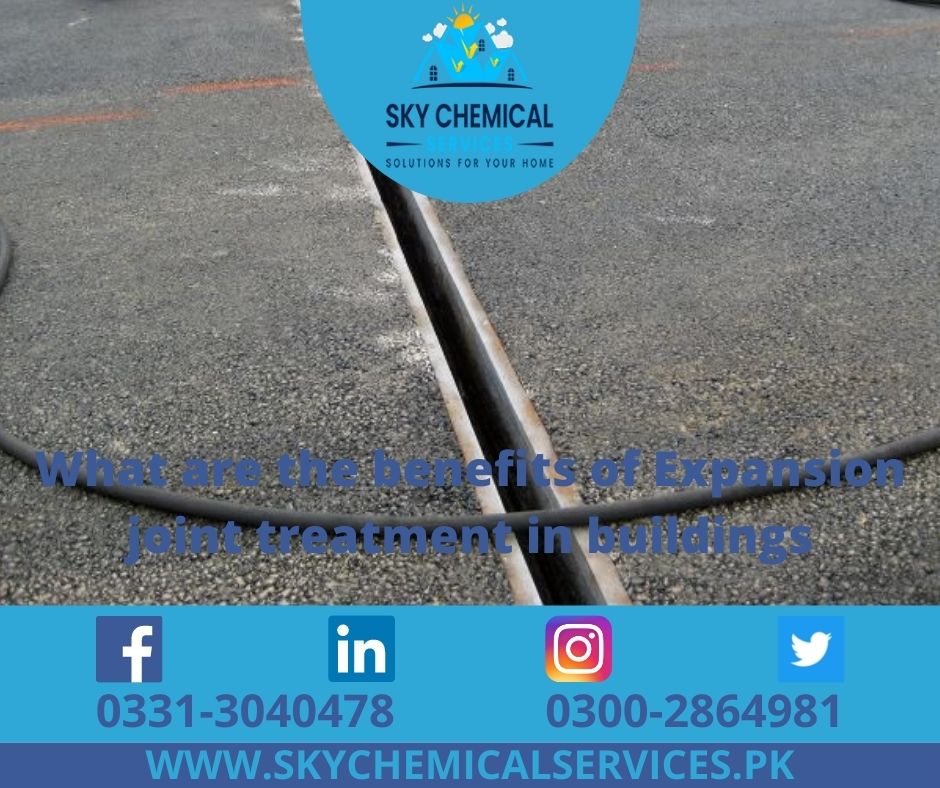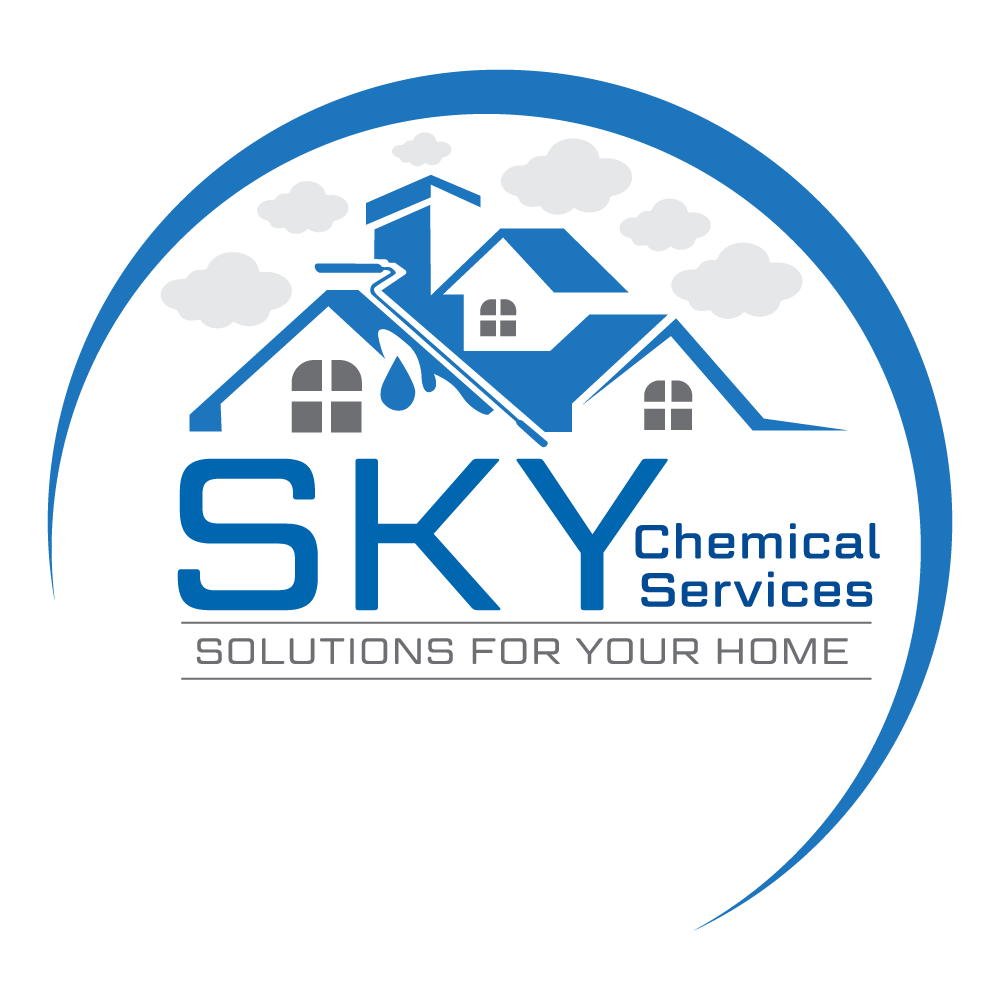
Advantages of Expansion Joint Treatment in Buildings
Expansion joint treatments are a necessary requirement when buildings and structures are constructed. The main aim of this process is to provide padding over the building sections for some additional expansion when high temperatures are applied to it. These materials can also be applied in the winter season, when solids tend to contract upon cooling.
Importance of Joint Sections
As we’ve already shown, the expansion joint sections and their applications in practice are significant. With its application, some structures will be able to endure significant cracking, along with regular expansion and contraction of the walls. Let’s take a closer look at the advantages of expansion joints.
-
Requirement for Large Buildings
Having a good expansion joint treatment for buildings is vital for all enormous structures. When high temperatures are applied to a substance, whether it be concrete or iron rods, the material expands dramatically. It is self-evident that, with its growth, the concrete is also forced to change shape. Due to the lack of elasticity in the concrete, cracks began to form over time. The use of an expansion joint treatment for structures guarantees limited cracks and high compression standards.
-
Security for Thermal Expansion
The temperature normally grows throughout the summer season which leads to the expansion of iron and concrete rods; this expansion is measured in centimeters. Even if there is only a millimeter of movement due to thermal expansion without any security padding (in the form of expansion joint), then cracks come to the surface, potentially causing a catastrophic disaster. Because of the thermal expansion joint, it is possible to avoid fractures in the concrete, resulting in a more stable structure.
How does expansion joint treatment in Pakistan secure from pests?
-
Leakage Issues
When the structure’s security is assured, we’re left with the leaking end of the bargain, which is the reason why expansion joints open. The major remedy for safeguarding the building from leaks is to close off or, in other words, waterproof the building using a sealant to prevent water from freely drain down the building.
How expansion joint treatment in Karachi saves money?
Types of Material used for Expansion Joints
Waterproofing materials are employed in the application of expansion joint treatment for buildings and other structures. Some of the materials have been discussed below.
SYNTHETIC RUBBER
Synthetic rubber is, without a doubt, the most extensively utilized compound for expansion joint treatment. Because of its widespread availability, the majority of synthetic rubber is found under their own brand names.
BITUMEN MEMBRANE
In Pakistan, bitumen is one of the most used products, even for basic waterproofing. The membrane comes in the form of sheets that are used as a cover for different joint treatments.
What to Use? Materials or Chemicals
The basic necessity for expansion joint treatment for buildings has been explained, thus the next important question is how it can be done. When it comes to waterproofing, there are two main options available to clients who want to waterproof their properties; either by the use of materials or the use of chemicals.
When it comes to expansion joint treatment, however, it’s generally done with the help of materials since chemical isn’t sprayed under the section, but rather all around the surface to make it waterproof. It is normally done with the aid of waterproofing materials.
Conclusion
Expansion joint treatment in buildings is an essential aspect which is basically used to provide padding and support to the cornered areas of a building or structure. This helps in the thermal expansion and contraction of solids when they are fixed with concrete or any other material. Some waterproofing materials can be used as expansion joints, including synthetic rubber and bitumen membrane
Any other query regarding Waterproofing , Heat Proofing , Heat Insulation and Construction Chemical Supplies and Services feel free to contact us at SKY CHEMICAL SERVICES.
